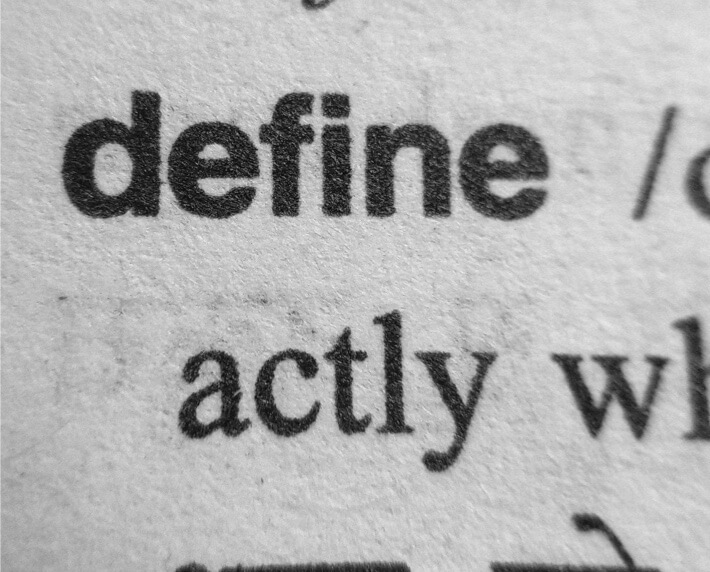Return of Premium life insurance explaine


Reviewed by
Grant Desselle
Licensed Insurance Agent
Return of Premium: Insurance and Savings Combined
As a hidden gem in the term life insurance world, return of premium term life insurance policies provide a way to recoup premiums that you would otherwise have forfeited to the insurance company during the time your policy was in force.
Times change, and so do people’s financial behaviors and needs. While many people have the discipline needed to stick with detailed financial plans, others find it quite challenging to maintain the behaviors required to achieve stronger financial security. If you fall into the latter group, a return of premium term life insurance policy could be a key component of your overall financial security plan.
Americans Lack Money-Saving Skills
An estimated 36% of adults in America have yet to begin saving for retirement, and 26% have no savings set aside for an emergency. The average savings rate for Americans dropped from 10.5% of earned income in 2012 to just 4.4% in 2014, revealing a troublesome trend that could lead to disastrous outcomes. In fact, the most at-risk generation, millennials, average -2% in their savings rate — meaning they are living outside of their means and consuming more than they earn.
Forced Savings for the Future
Return of premium term life insurance policies are not the best choice for everyone, but for those who want their money back at the end of their policy’s term for use in retirement or to offset their debt, it can be a great option.
These policies tend to be 4-5 times more expensive than a standard term life insurance policy. The biggest difference is that the premiums you pay for a return of premium term life insurance policy will be given back to you at the end of the policy’s term (or to your beneficiary if you do not outlive the policy).
Generally speaking, it would make better sense to get a standard term policy and then invest the difference in cost in other types of retirement plans. However, many people don’t have the discipline or the knowledge required to make complex financial decisions. In addition to being a guaranteed, stable investment, a return of premium policy forces its owner to save for the future.
Is It the Best Option for You?
Not sure if this type of policy makes sense for you?
Don’t feel bad. No one understands the complexity of life insurance better than your personal shoppers at True Blue. Another type of coverage very well may be a better choice for you than a return of premium term life insurance policy. Our job is to answer your questions and help guide you toward a product that makes the most sense for you, based on your budget and your unique situation. We offer customer-focused service with no sales pressure — because we have your best interests at heart.
Real-Life Questions About Return of Premium Term Life Insurance
What is return of premium term life insurance?
Return of premium term life insurance is a product that allows you to recover all or part of the premiums you pay to the insurance company if you outlive the policy. By comparison, if you outlive a standard term life insurance policy, the insurance company keeps the money you’ve paid in premiums.
Is return of premium term life insurance taxable?
Typically, no. That’s because it’s a refund of all or some of the premiums paid, not an interest-generating investment. Having this type of policy is very similar to paying rent on an apartment for 20 years and then getting all of your payments back in one lump sum.
How does return of premium term life insurance work?
With a typical term life insurance policy, you pay premiums for the coverage the insurance company provides. At the end of the policy’s term, if you’ve outlived the policy, the money you paid in becomes profit for the insurance company. On average, only 2-3% of term insurance policies pay out. Insurance companies make money when they don’t have to pay out the death benefit, so they’re banking on the odds that you’ll outlive the policy, surrender it, or let it lapse. They invest the premiums you pay to generate more income for the company, which allows them to pay claims and fund their business operations.
A return of premium policy ensures that you get back all or part of the money you paid in premiums as a refund for not using the policy. Accordingly, this type of policy comes with a higher premium payment, since the insurance company has a limited amount of time in which to maximize the profit potential of the premiums you pay.
Is return of premium term life insurance a rider on a regular policy?
In almost every case, yes. Riders are “add ons” to a life insurance policy that provides extra coverage. If a company offers a return of premium, then you will usually see it under an additional riders section.
Why is return of premium term life insurance more expensive?
Since insurance companies will eventually have to pay back the premiums on a return of premium policy, they charge a higher amount. They invest these funds to help offset the loss they’ll incur (by returning the premiums) if you outlive the term of the policy.
Which is the better choice: return of premium term life insurance or whole life?
If you ask various financial and insurance professionals this question, you’ll probably find that they disagree considerably on the answer. That’s because it’s largely an “apples to oranges” comparison. Each type of policy has advantages and disadvantages, so which one is best depends on the needs of the client.
Even though the premiums for both products are much higher than those for a standard term policy, a major advantage of whole life is that it provides protection for the rest of your life. In addition, potential dividends from whole life policies can build cash value quickly and eventually add up to more than the face value of the policy.
With a return of premium term life insurance policy, you’ll get your money back at the end of the term, with no interest. Keep this in mind: If you factor in inflation over 20 years (or longer), the money you’ll get back at the end of the term will have less buying power than the same amount does today.
Is return of premium term life insurance a good choice?
A return of premium policy may be a good fit for some customers, especially those who have a hard time being disciplined enough to save and invest money and who don’t mind paying extra to get their money back. Most people we talk to, however, are better off buying a standard term policy and putting the money they save on premiums into other investment vehicles.
What is the best company that offers return of premium term life insurance?
One of the best companies currently offering return of premium term life insurance is AIG American General. With AIG’s ROP Select-A-Term policy, you get the benefit of having your premiums refunded if you outlive the term, and you can customize the term of the policy (the amount of time you’ll be covered). Learn more about AIG American General here.
See what you qualify for by answering some health questions.










